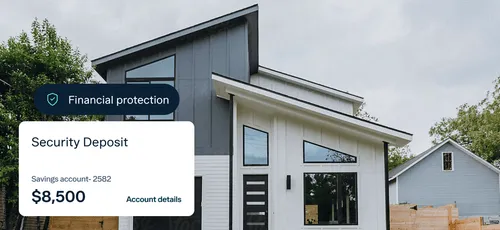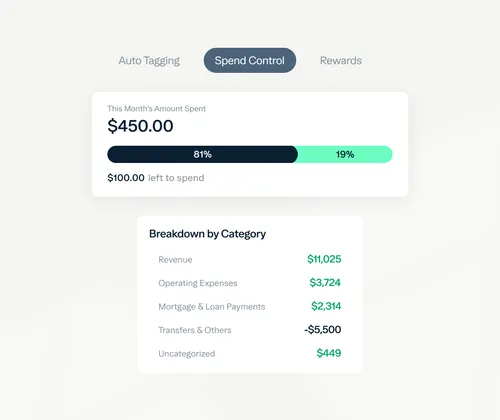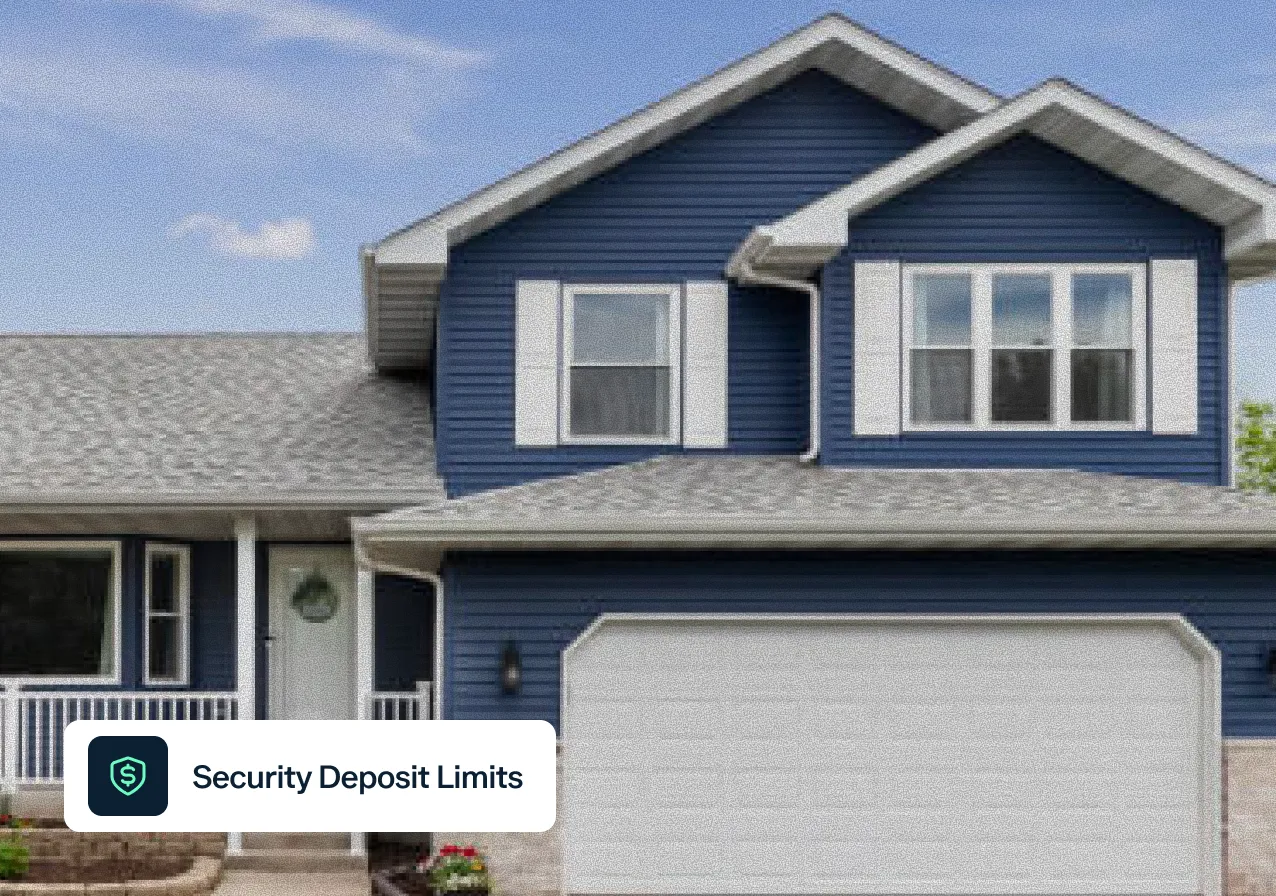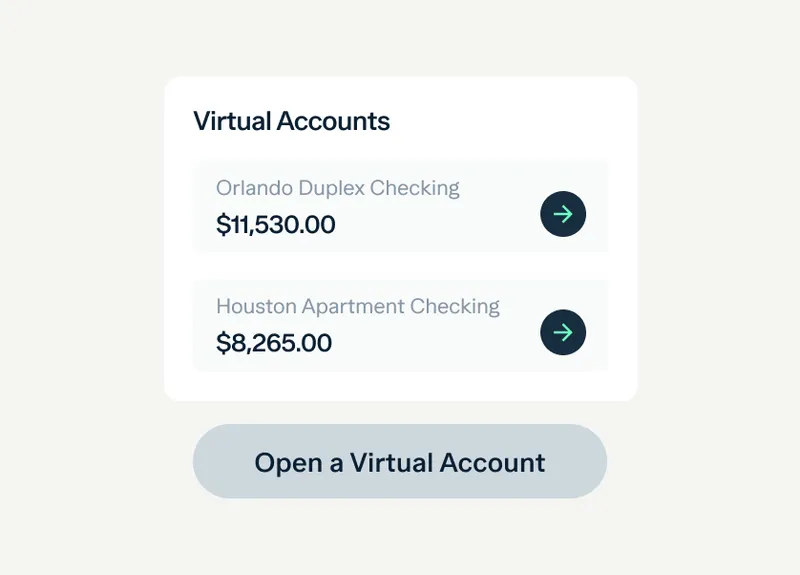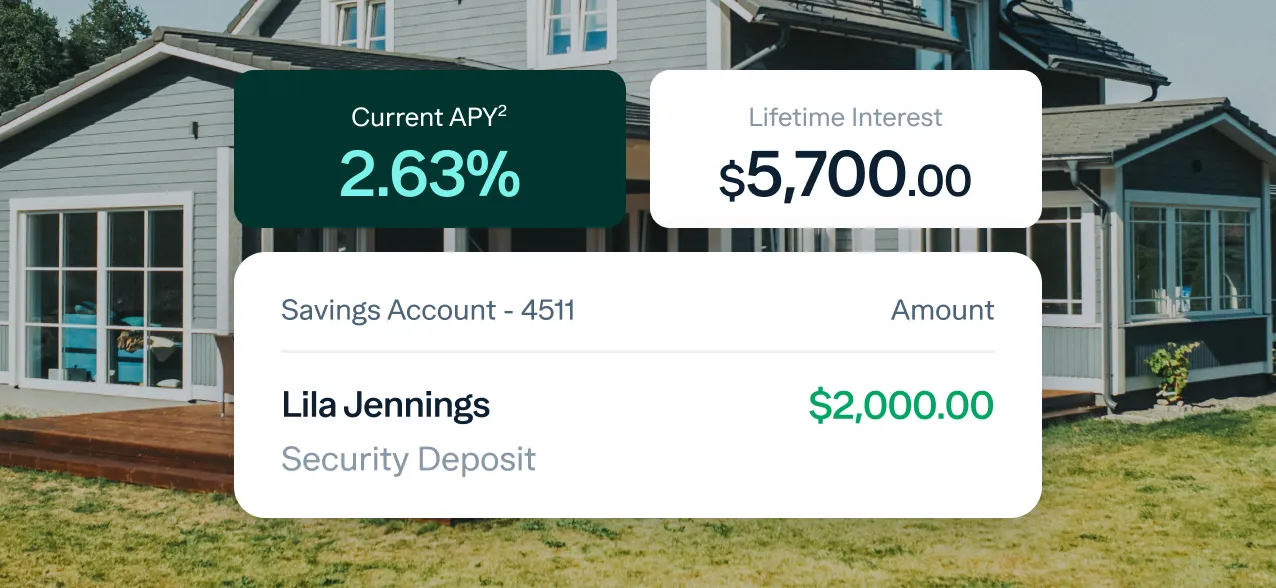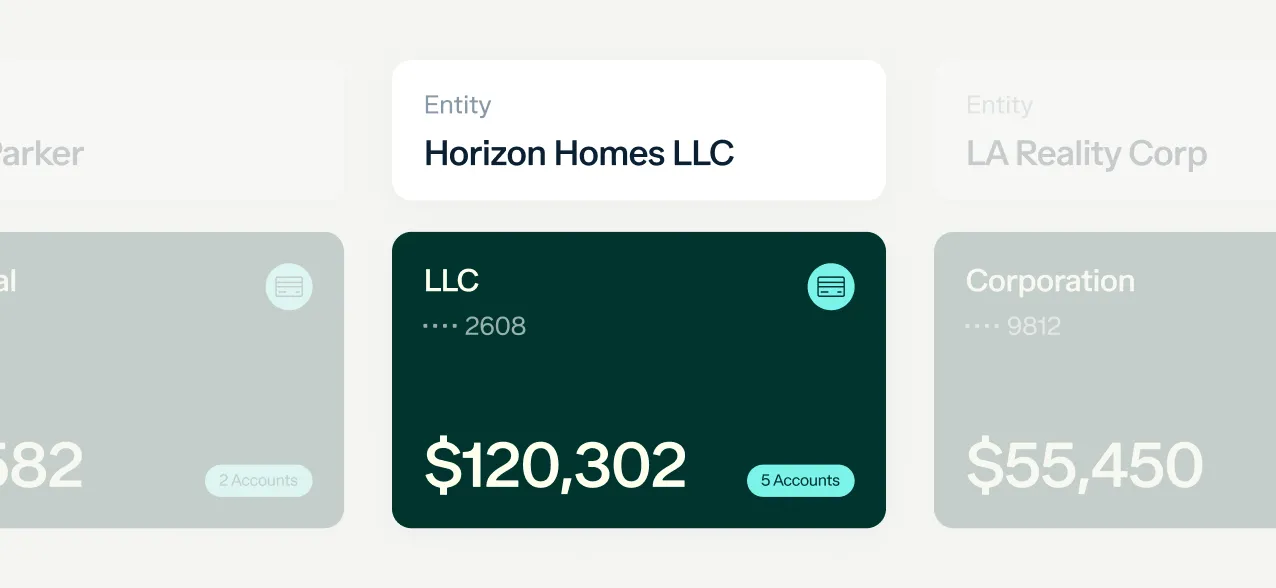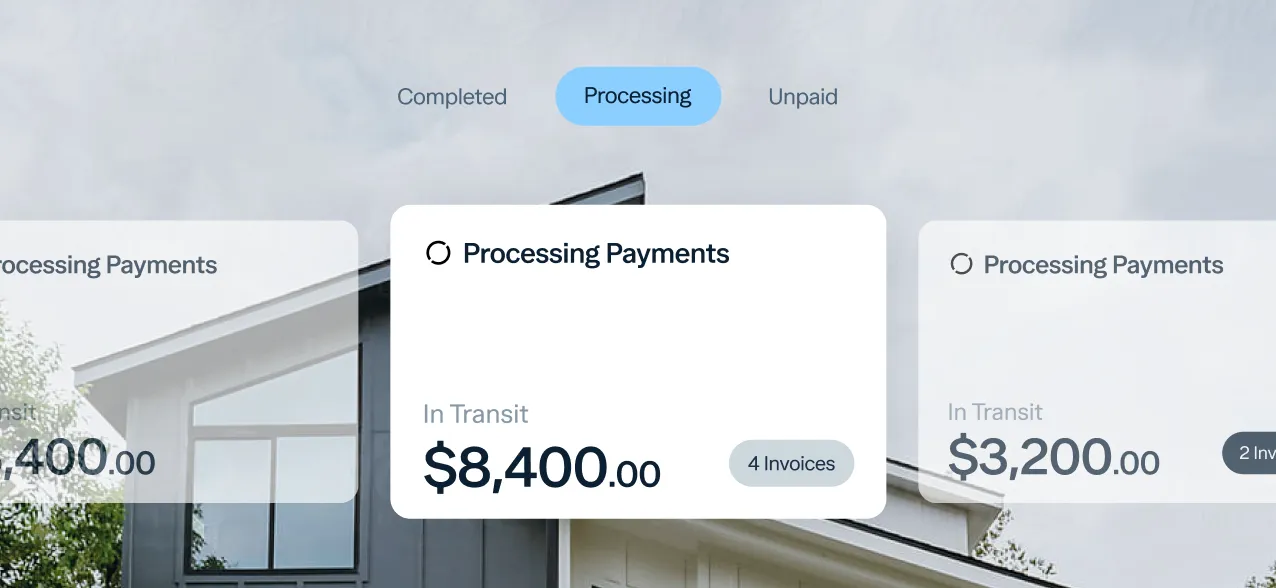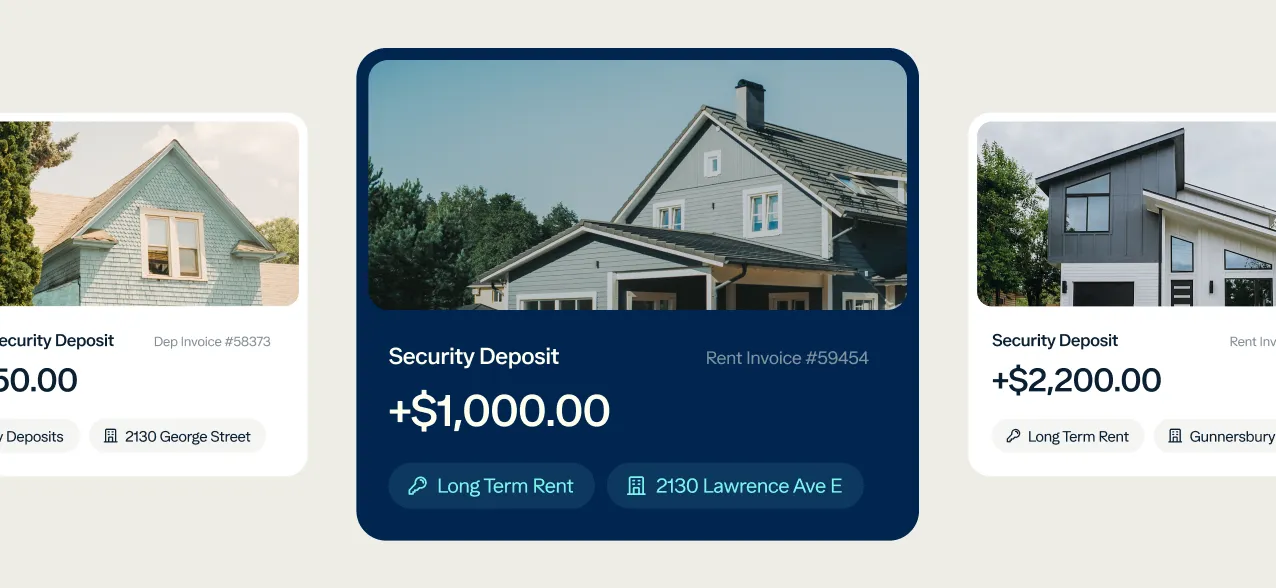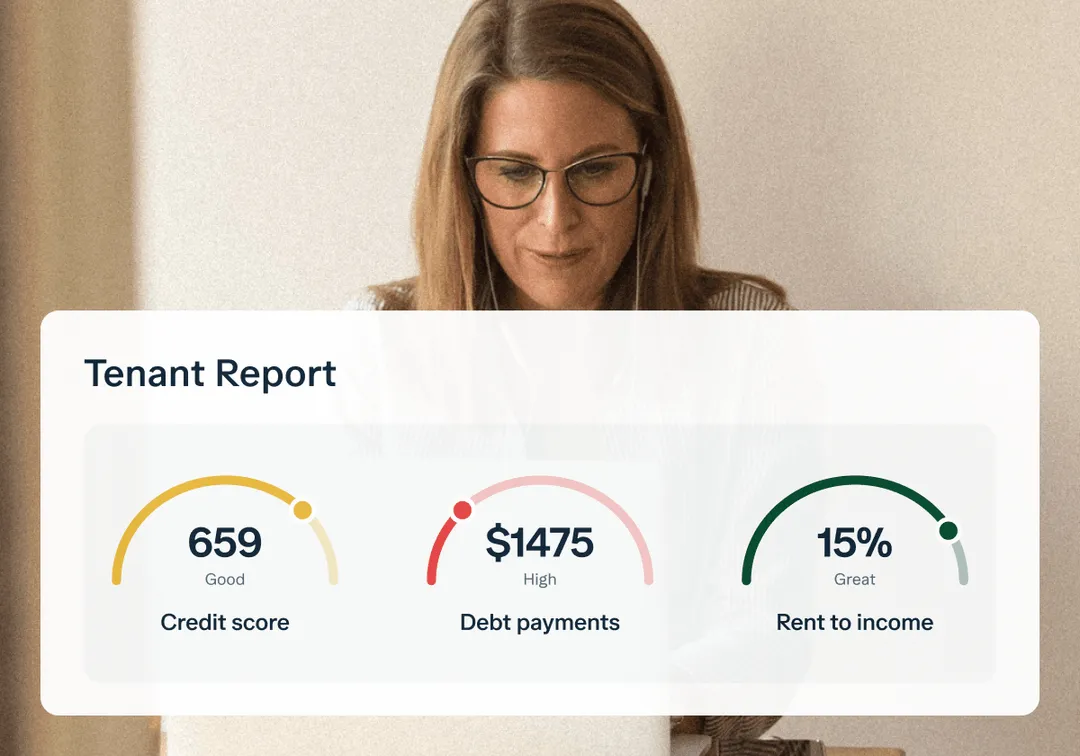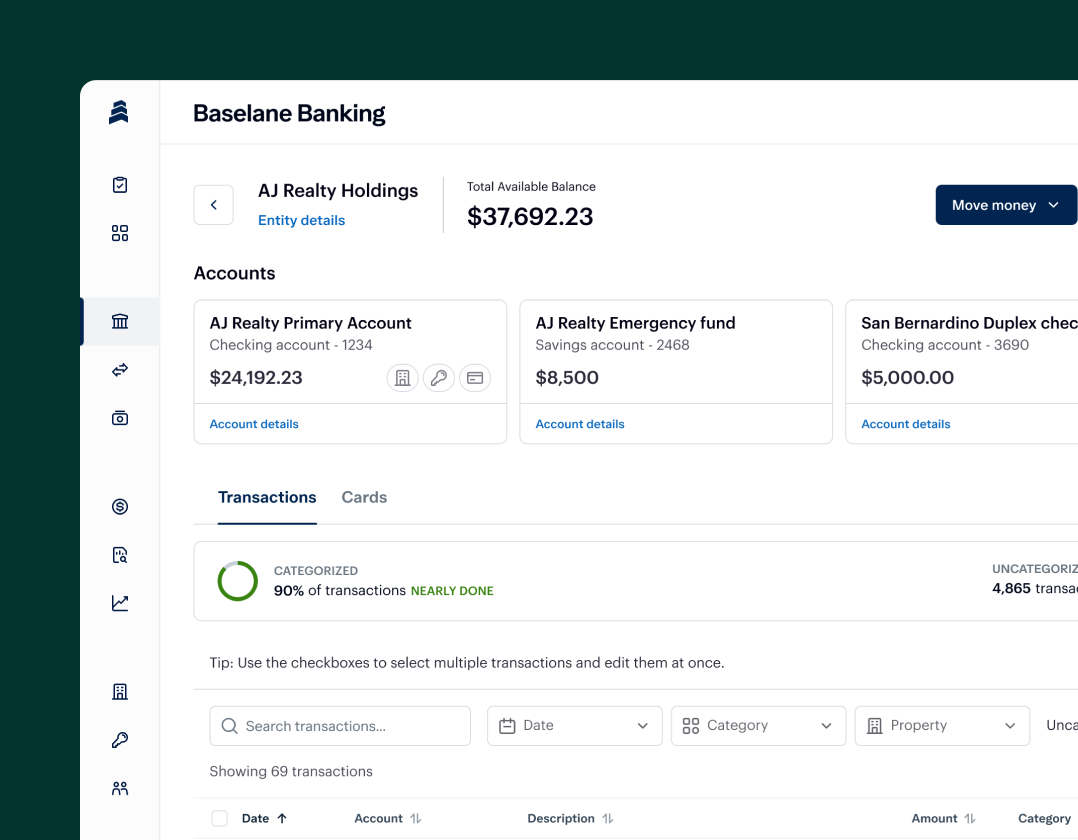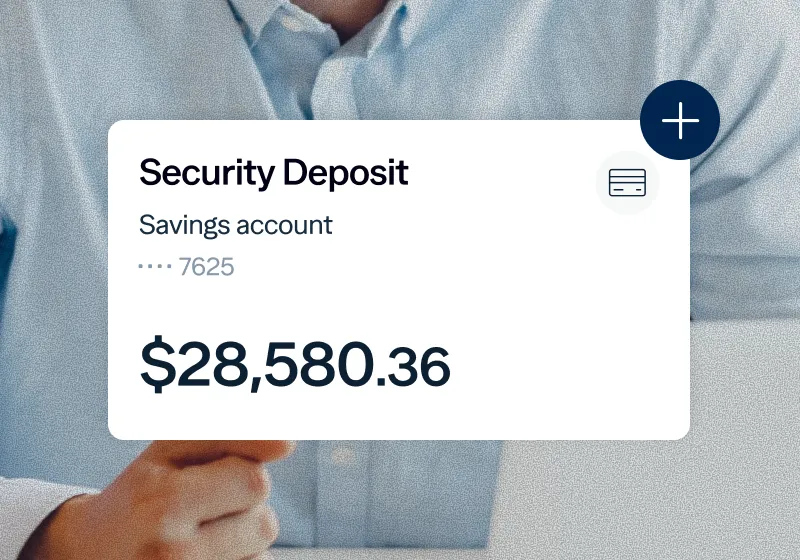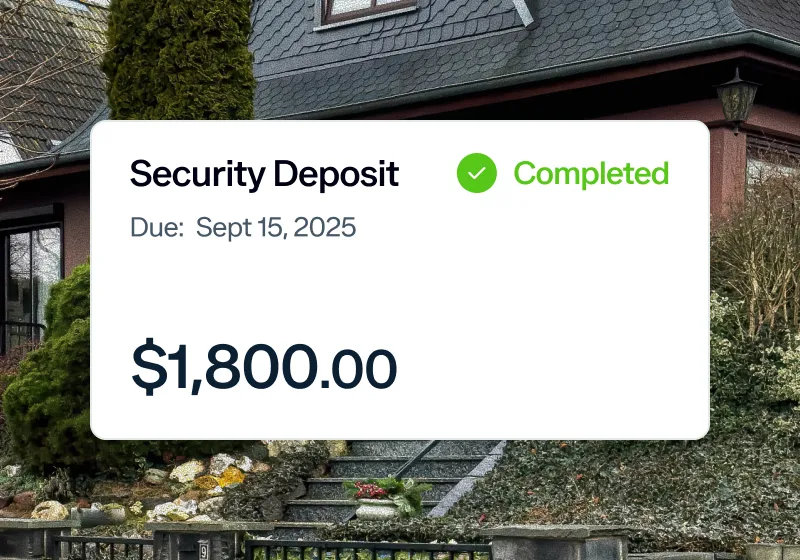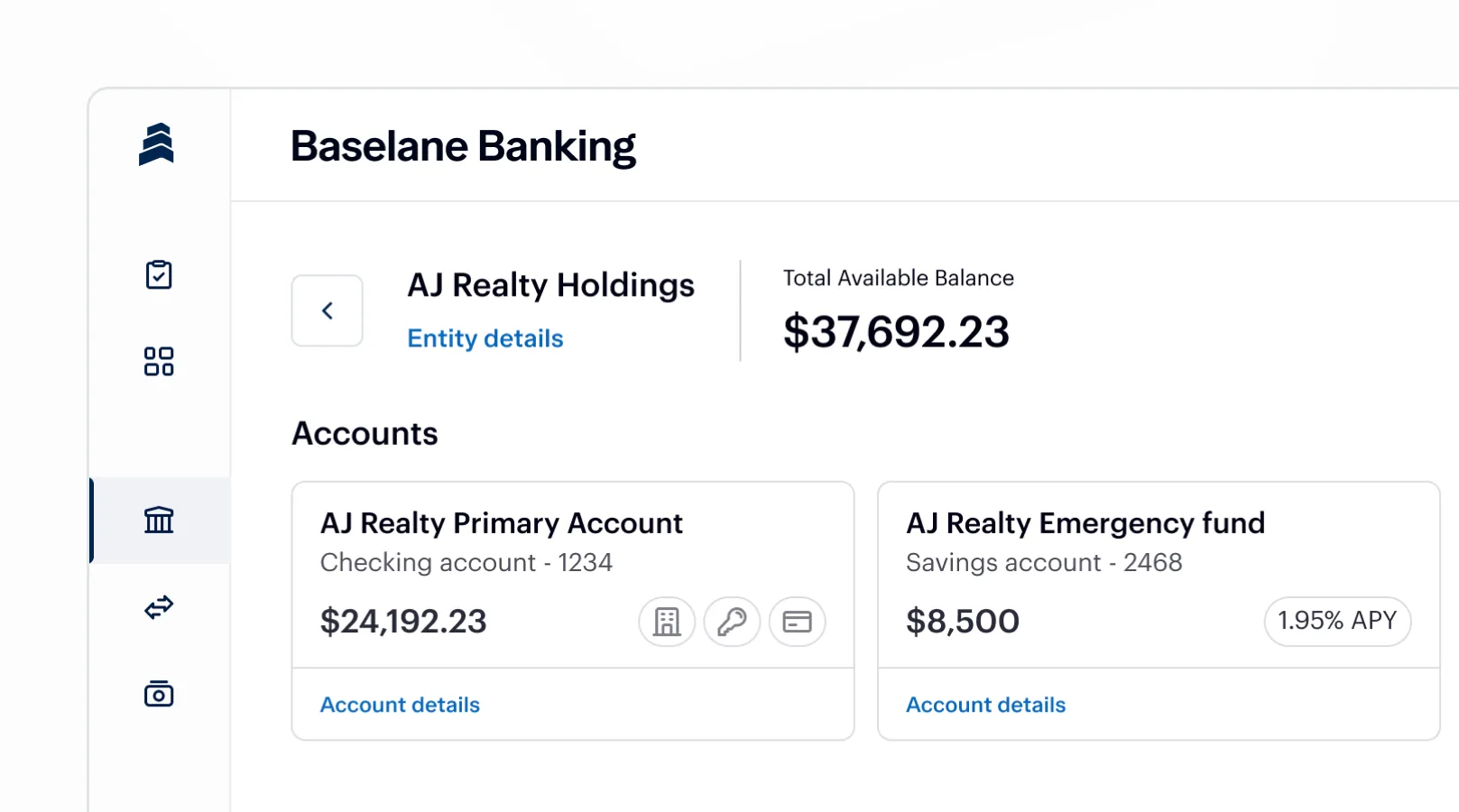In Nevada, landlords can charge up to three months' rent.
Security deposit rules in {{ state }}
Limit: In Nevada, landlords may collect a tenant security deposit of up to three months’ rent. This limit includes any additional deposits, such as those for pets or furnishings. The tenant deposit amount must be clearly stated in the lease agreement. While Nevada law does not require a specific type of account, it is strongly recommended that landlords hold funds in a dedicated security deposit bank account in Nevada to ensure transparency and compliance with best financial practices.
Return Deadline: The landlord must return the tenant security deposit, along with an itemized written list of deductions, within 30 days after the tenant vacates the property. Failure to return the deposit or provide documentation within this timeframe may make the landlord liable for damages equal to the amount wrongfully withheld, plus potential legal fees.
Acceptable Deductions: The tenant security deposit may be used to cover unpaid rent, late fees, cleaning costs beyond ordinary use, damages exceeding normal wear and tear, and expenses for restoring the property to its move-in condition. The landlord must provide an itemized statement detailing all deductions, supported by receipts or estimates for repairs or cleaning.
Where to Deposit: Nevada law does not mandate that landlords place tenant deposits in a separate or interest-bearing account. However, it is considered best practice to use a security deposit escrow account in Nevada or a landlord tenant security deposit bank account in Nevada to prevent commingling with personal or business funds. Although the state does not require payment of a specific security deposit interest rate, maintaining a separate, traceable account helps ensure financial transparency and compliance with Nevada’s rental deposit requirements.

